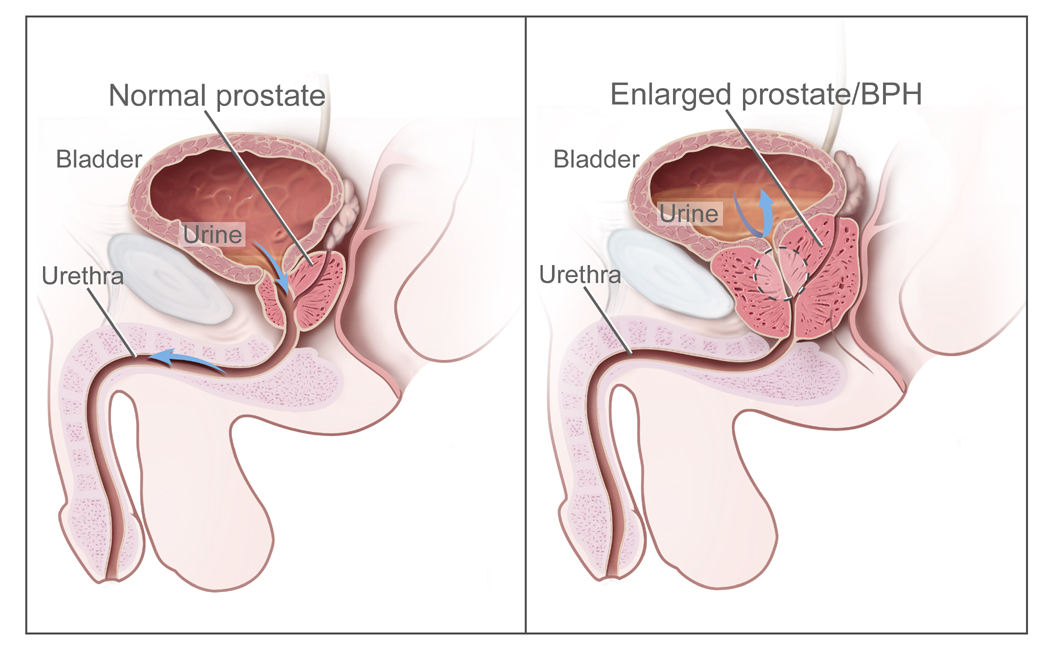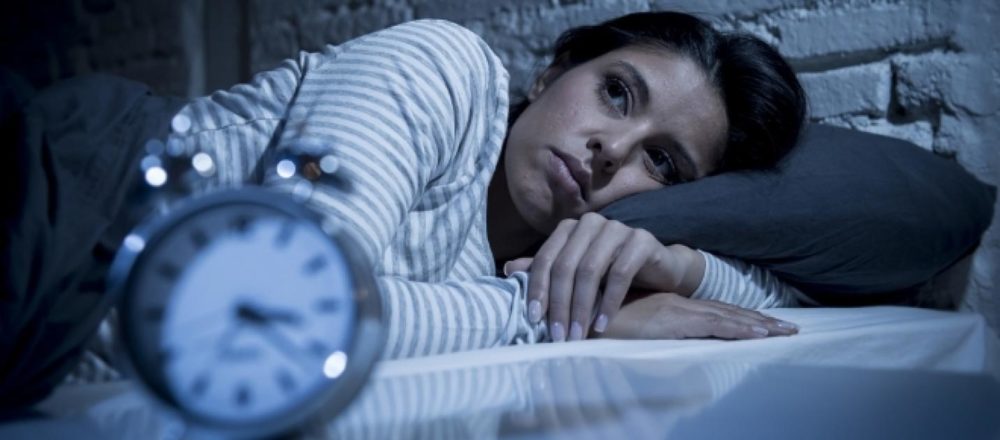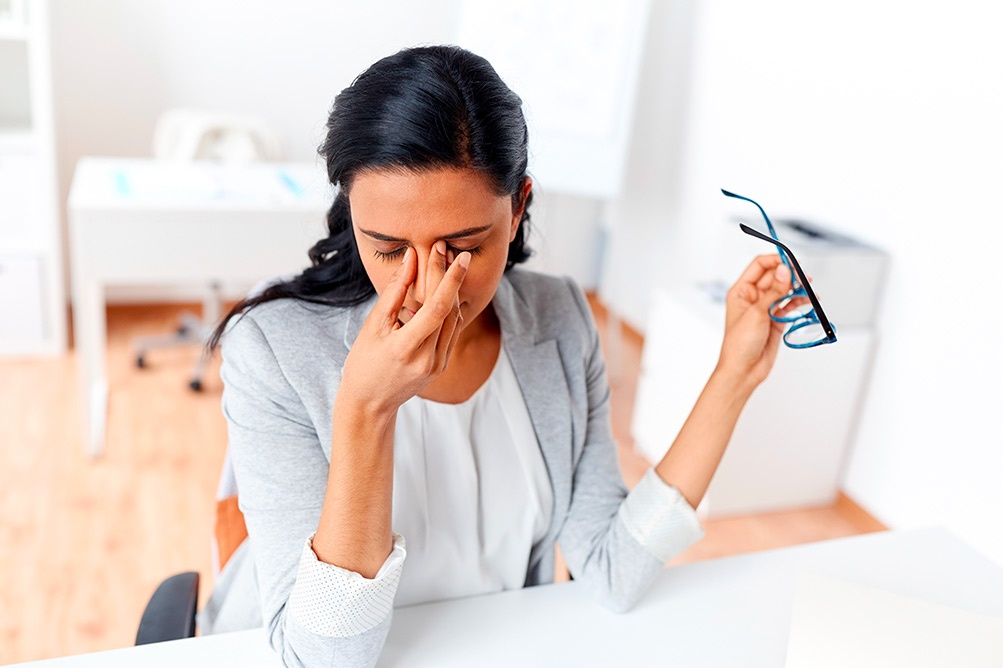According to a study published in the journal death, people who go to bed late have a high probability of early mortality, regardless of the length of their sleep. for cardiovascular problems
Kristen Knutson, of Northwestern University Chicago, and Malcolm von Schantz of Surrey University analyzed data from the UK Biobank on a sample of about 500,000 British citizens. The latter answered a series of questions centered on their habits. One of the main questions concerned their sleeping habits: “Do you consider yourself an early riser, more of an early riser than a night owl, more of a night owl than an early riser, or a night owl?”
Participants, therefore, were divided into these four categories. Research results show that late sleepers are more likely to develop psychological problems, diabetes, respiratory and gastrointestinal problems than early risers. Through the study, it was noted that for night owls, early mortality concerns 10% more than for those who go to sleep normally.
“We believe that one reason for this excessive mortality could be related to the internal biological clock. That of the night owls is regulated so that they go to bed and get up later.” Kristen Knutson explains.
Environment and genetics also play an important role. Night owls can still manage this and slowly try to go to sleep earlier.
The rules to follow are: never stand in front of a screen before going to sleep, because the light it gives off blocks melatonin secretion; avoid playing sports too late at night; and do not expose yourself excessively to light during the day. “Light is arguably the most powerful endocrine disruptor. Too much light, especially in the later part of the day, sends a bad signal to the hypothalamus, a part of the brain that plays a conductor role in the secretion of several hormones.” These are the words of Claude Gronfier, a neurobiologist and specialist in biological sleep rhythms.







































































































